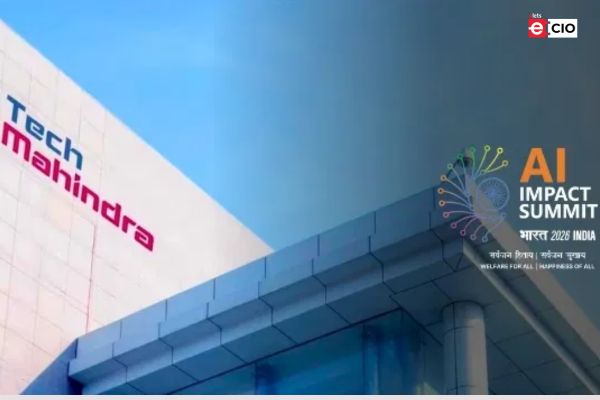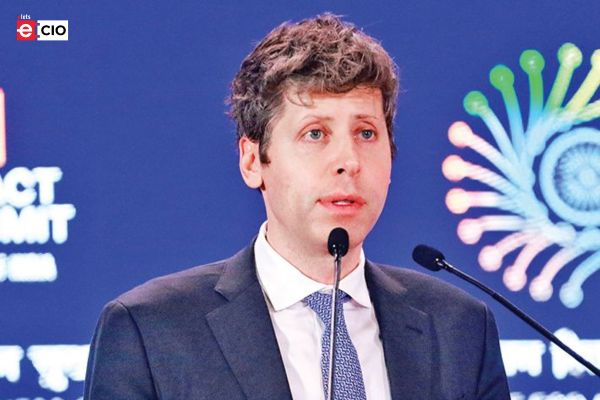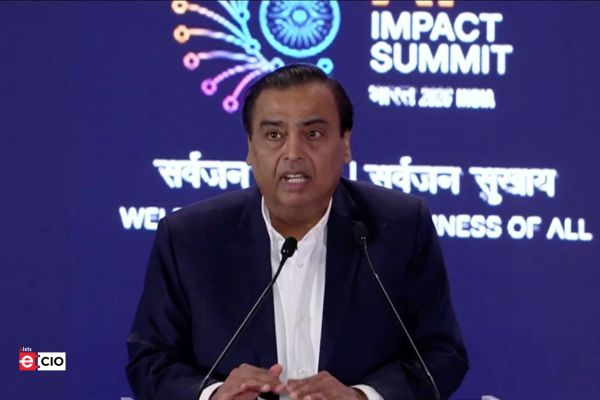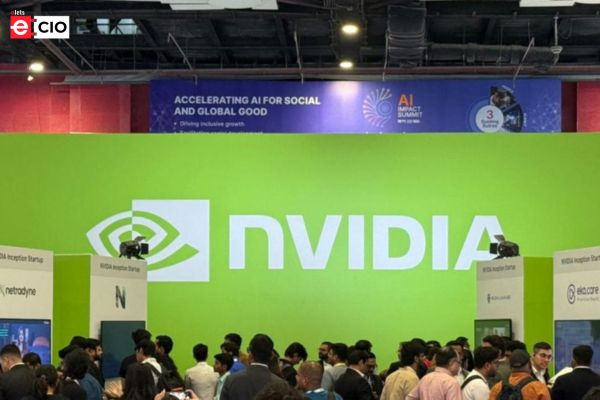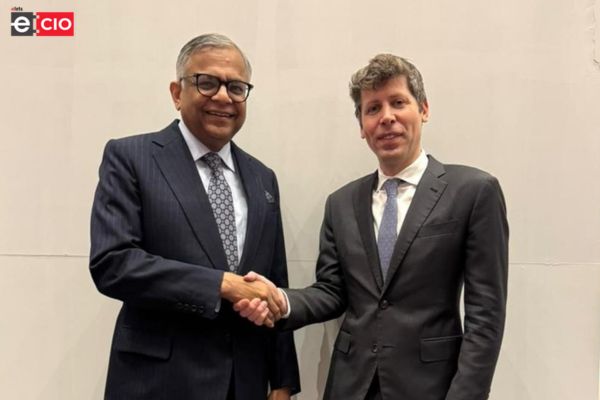
As global industries race to perfect artificial intelligence (AI), researchers and entrepreneurs at IIT Madras are setting their sights on the next game-changer: spatial computing. This cutting-edge field involves integrating computing into wearables like augmented reality (AR), virtual reality (VR), and mixed reality (MR) headsets to create immersive experiences across various sectors.
Prof. M. Manivannan, who heads the Experiential Technology Innovation Centre (XTIC) at IIT Madras, stated that India got into AI late leading to limited innovation in this space. With spatial computing, the country can become a global leader.
Building India’s Spatial Computing Ecosystem
XTIC’s mission is to prepare India for this shift. A team of researchers and students at IIT-M is hard at work developing components like headsets, haptic tools (touch-sensing technology), biosensors, and software solutions.
The centre has formed an association comprising 400 startups and corporates to encourage adoption, with 700 more expected to join soon. This group focuses on creating an ecosystem for experiential (XR) technologies and addressing a critical gap: the lack of standardisation in Indian-developed applications, which hinders industry-wide adoption.
Only a public institution like IIT Madras can unite the entire ecosystem without being tied to any single platform, Prof. Manivannan explained. The association is developing tools, protocols, and learning resources to share best practices in this field.
Tackling Challenges, Promoting Frugal Innovation
One of the biggest roadblocks for India’s XR industry is the limited availability of headsets, as most global brands don’t launch their products here. Prof. Manivannan stressed the need for frugal innovation to make this technology more accessible.
XTIC has partnered with global giants like Meta, Qualcomm, and Samsung for select research projects, while also urging these players to consider manufacturing their hardware in Chennai. “We are pushing for global players to make their hardware in Chennai where we have electronics and manufacturing strengths,” he added.
Also Read :- Chennai Set to Add 12-13 Million Sq Ft of Office Space by 2025-26
Educating the Workforce, Creating Standards
The XR consortium recently released a white paper discussing the urgent need for advanced education and research and development in spatial computing. XTIC has already partnered with academic institutions to train students and bridge this talent gap.
Currently, most of the XR community in India works on applications rather than R&D, while there is a need for more people focused on building hardware and software solutions, said Prof. Manivannan. He believes India shouldn’t just consume technology but also create fundamental tools that can propel Indian companies to global markets.
Global Collaboration for Local Growth
To ensure Indian startups and researchers gain international visibility, the centre is making efforts to collaborate with global experts and help Indian developers and designers move beyond providing services and focus on creating the core technologies that drive AR/VR, Prof. Manivannan said.
Be a part of Elets Collaborative Initiatives. Join Us for Upcoming Events and explore business opportunities. Like us on Facebook , connect with us on LinkedIn and follow us on Twitter.
"Exciting news! Elets technomedia is now on WhatsApp Channels Subscribe today by clicking the link and stay updated with the latest insights!" Click here!






